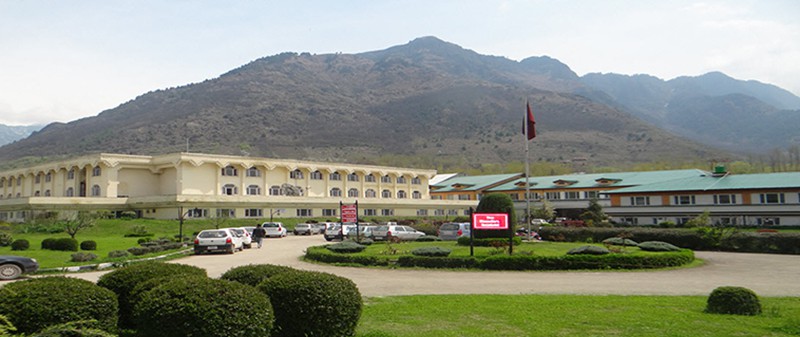Dr DP Abrol, former Dean of the Faculty of Agriculture at Sher-e-Kashmir University of Agricultural Sciences & Technology (SKUAST), attended the 3rd International Bee Conference and Exhibition Africa Bee Expo held from September 18-21, in Muscat, Oman.
The event, organised by the Ministry of Agricultural Wealth, Fisheries, and Water Resources of the Sultanate of Oman, took place at the Grand Millennium Hotel.
The conference brought together a diverse group of participants, including beekeepers, scientists, researchers, environmentalists, health practitioners, bee product processors, importers, exporters, government institutions, and NGOs. A large exhibition showcased various bee products, equipment, and related industrial items, providing networking and market linkage opportunities.
Prof. Abrol, invited as a keynote speaker from India, delivered a lecture titled “The Future Role of Dwarf Honeybees in Natural and Agricultural Systems.” His presentation highlighted the importance of Apis florea, a dwarf honeybee species, in pollination and its unique adaptations to hot and dry climates.
In his lecture, Prof Abrol discussed the global “pollination crisis” and its potential causes. He emphasised the advantages of Apis florea in extreme climate conditions, noting its ability to work in temperatures reaching 50°C or more. The species’ small foraging range was highlighted as beneficial for crop pollination, particularly for small crops providing less nectar.
Prof. Abrol also mentioned the potential for unifloral honey production due to the bee’s limited foraging area.
The report detailed Prof Abrol’s extensive background in apiculture, including his research contributions, international collaborations, and numerous accolades. His achievements include authorship of 22 books and over 250 research papers.
He is a Fellow of the National Academy of Agricultural Sciences, India, and the Royal Entomological Society London, UK. Prof. Abrol has received multiple prestigious awards, including the Young Scientist Award and the Dr. Rajendra Prasad Puruskar. He has also been recognized in Stanford University’s top 2% list of renowned scientists worldwide.

